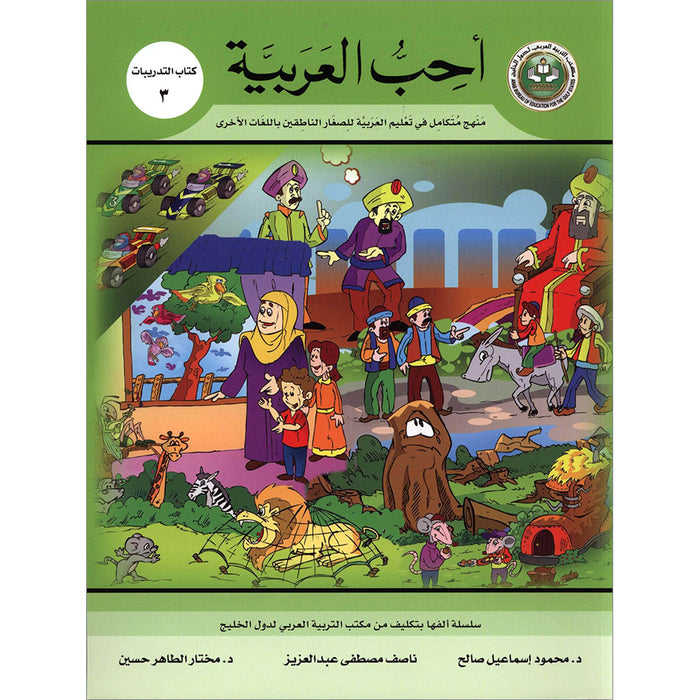I Love Arabic (Pre-K – 6th Level) أحب العربية
Description
Estimate shipping
To learn more about our Shipping Methods and estimated delivery dates Click here!
Due to the impact of COVID-19 and the delay in some of our shipments, it may take longer than usual to fulfill some of the orders. However, be sure that we are always working hard to fulfill your order as quickly as possible.
* Most confirmed retail orders are processed within 1-2 business days. (Confirmed orders are those that are ready to ship and do not have any unresolved issues such as payment issues, incorrect shipping address or unavailable items.)
* Orders with expedited shipping services (FedEx Standard Overnight, FedEx Priority Overnight, FedEx 2Day and USPS Express) are processed and shipped in the same day if we get them before 12 noon central time. (FedEx and USPS International services are NOT expedited services. Holidays and weekends are excluded)
* Noorart will not be responsible for delivery delays due to unforeseen circumstances beyond our reasonable control, such as delays due to severe weather, natural disasters or strikes .
* During the holidays, please be aware that the shipping might be delayed. We apologize for the inconvenience and wish you happy holidays!
* Noorart has the right to upgrade the chosen shipping service to a better one whenever there is a necessity unless the customer put in the note box not to do any change on the chosen shipping service.
* 1 lb. = 16 oz
- Item must be purchased by the customer
- You will be notified within 3 days if you earned points.
- This program is for retail customers only. Wholesalers and schools are not eligible for this program.
If you have a customer account, you can collect points by:
- Creating an account (5 points)
- Subscribing to our newsletter (10 points)
- Reviewing a purchased item (20 points per valuable review)
- Following us on Instagram (10 points)
- Sharing on social media (5 points)
- Liking our Facebook page (5 points)
- Placing an order (1 point for every $1 spent)
- Referral Program: where you can get 100 points (100 point = $10) for every referral that results in a sale.
Click here for more information about our rewards program
Click here to check your points Balance
Payment & Security
Your payment information is processed securely. We do not store credit card details nor have access to your credit card information.


























